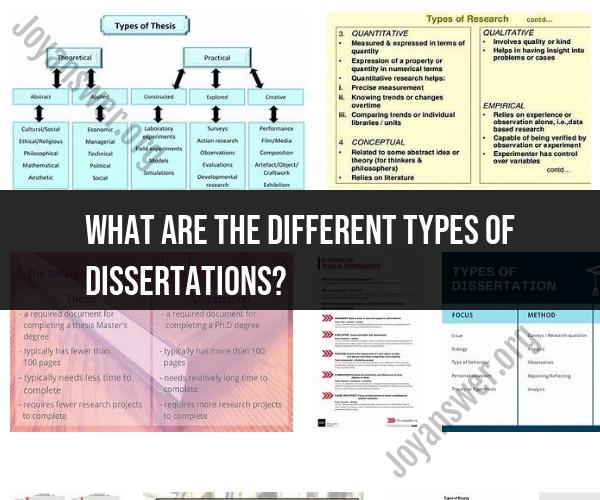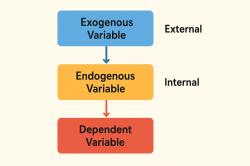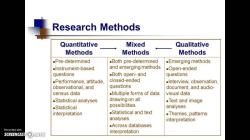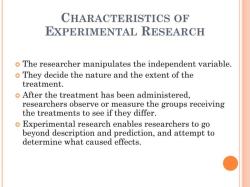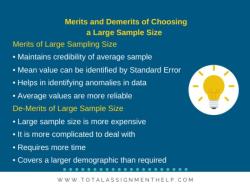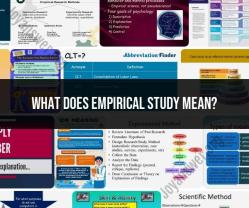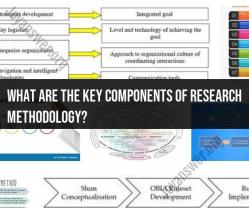What are the different types of dissertations?
Dissertations can take various forms and may employ different research approaches depending on the field of study, the research question, and the goals of the study. Here are some common types of dissertations, each characterized by its research approach:
Empirical Research Dissertation:
- This type of dissertation involves the collection and analysis of primary data through methods such as surveys, experiments, observations, or interviews.
- It often follows a quantitative research approach, where data is analyzed using statistical methods, or a qualitative research approach, where data is analyzed thematically or using content analysis.
Literature-Based Dissertation:
- In a literature-based dissertation, the primary focus is on reviewing and synthesizing existing literature and research on a specific topic.
- The goal is to provide a comprehensive overview of the state of knowledge in the field, identify gaps or areas needing further research, and make theoretical contributions.
Case Study Dissertation:
- A case study dissertation delves deeply into the analysis of one or more specific cases or instances.
- It often employs qualitative research methods to explore complex phenomena within their real-life context, and it may draw from multiple data sources.
Meta-Analysis Dissertation:
- This type of dissertation involves the systematic review and statistical analysis of existing quantitative research studies.
- The aim is to synthesize the findings from multiple studies to draw broader conclusions and identify patterns or trends across the literature.
Action Research Dissertation:
- In an action research dissertation, the researcher actively engages with a specific problem or issue in a real-world setting.
- The research is often conducted in collaboration with practitioners, and the goal is to address practical problems, improve processes, or inform decision-making.
Mixed-Methods Dissertation:
- A mixed-methods dissertation combines both quantitative and qualitative research approaches in a single study.
- Researchers collect and analyze both numerical and textual data to provide a more comprehensive understanding of the research question.
Theoretical or Conceptual Dissertation:
- This type of dissertation focuses on developing or refining theoretical or conceptual frameworks.
- It may involve extensive literature review and the development of new theoretical models or concepts.
Survey-Based Dissertation:
- A survey-based dissertation centers on the administration of surveys or questionnaires to collect data from a sample or population.
- Researchers use statistical analyses to draw conclusions based on survey responses.
Experimental Dissertation:
- Experimental dissertations involve the manipulation of variables in controlled settings to test hypotheses.
- Researchers use experimental designs to establish causal relationships between variables.
Exploratory or Descriptive Dissertation:
- An exploratory or descriptive dissertation aims to describe, explore, or understand a phenomenon without necessarily testing specific hypotheses.
- Qualitative research methods are often employed to gain insights and generate hypotheses for future research.
Developmental or Longitudinal Dissertation:
- This type of dissertation focuses on studying changes or developments over time.
- Researchers collect data at multiple points in time to track trends, growth, or transitions.
Historical Dissertation:
- Historical dissertations involve the analysis of historical records, documents, or events to provide insights into the past.
- Researchers may use archival research methods to reconstruct historical narratives.
The choice of dissertation type depends on the research question, objectives, and the field of study. Researchers should select the type that best aligns with their research goals and the nature of the phenomenon they are investigating. Additionally, it's important to consider ethical considerations, available resources, and methodological expertise when determining the most suitable dissertation approach.
